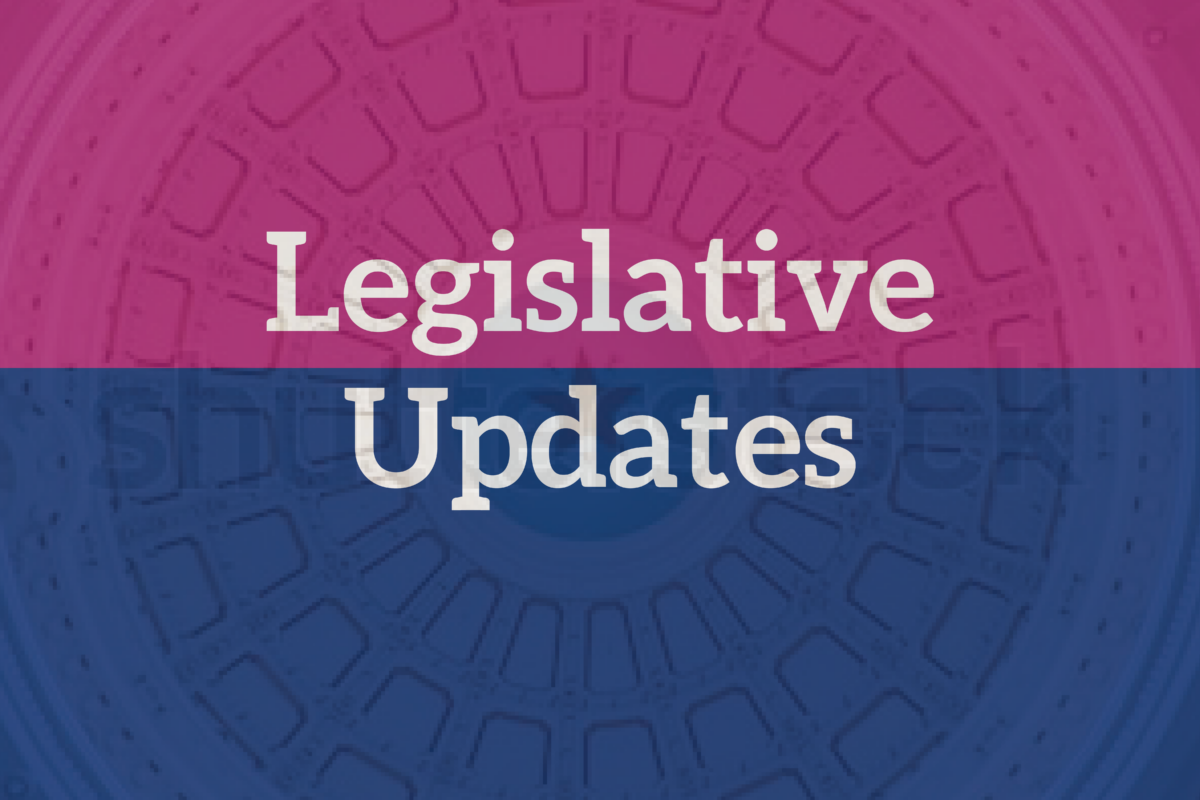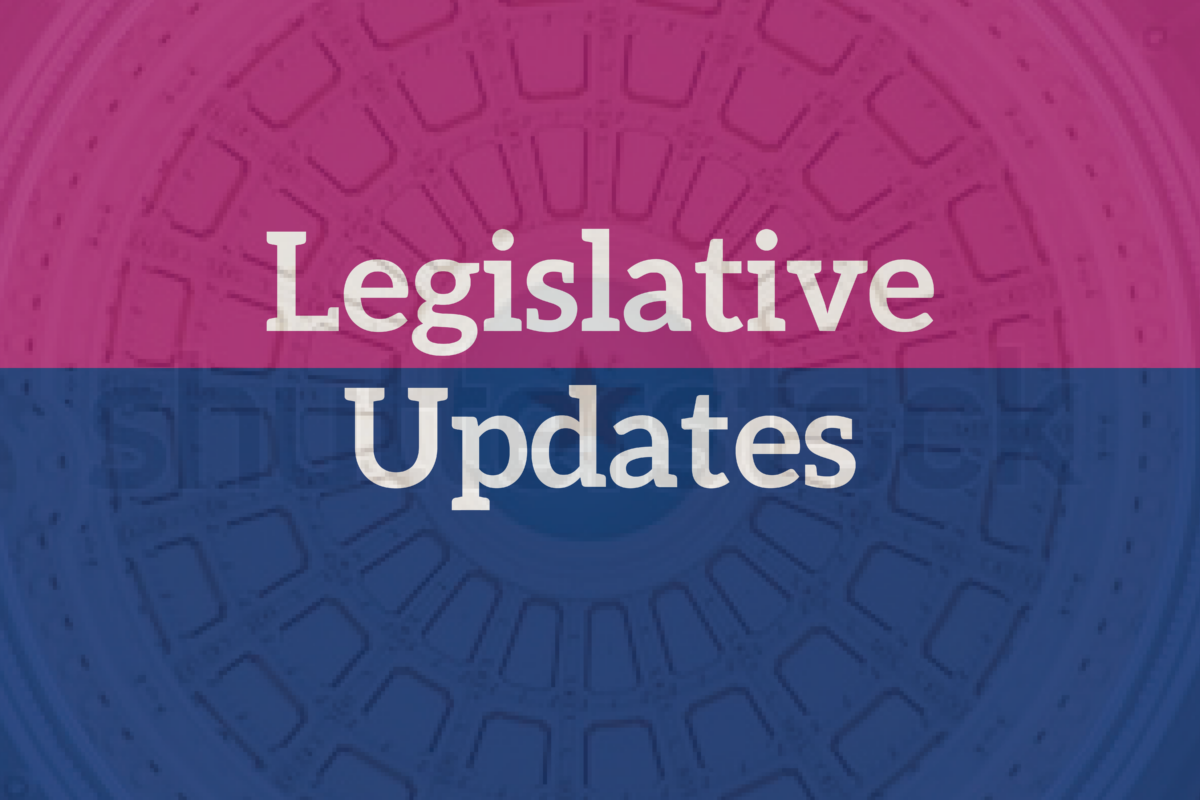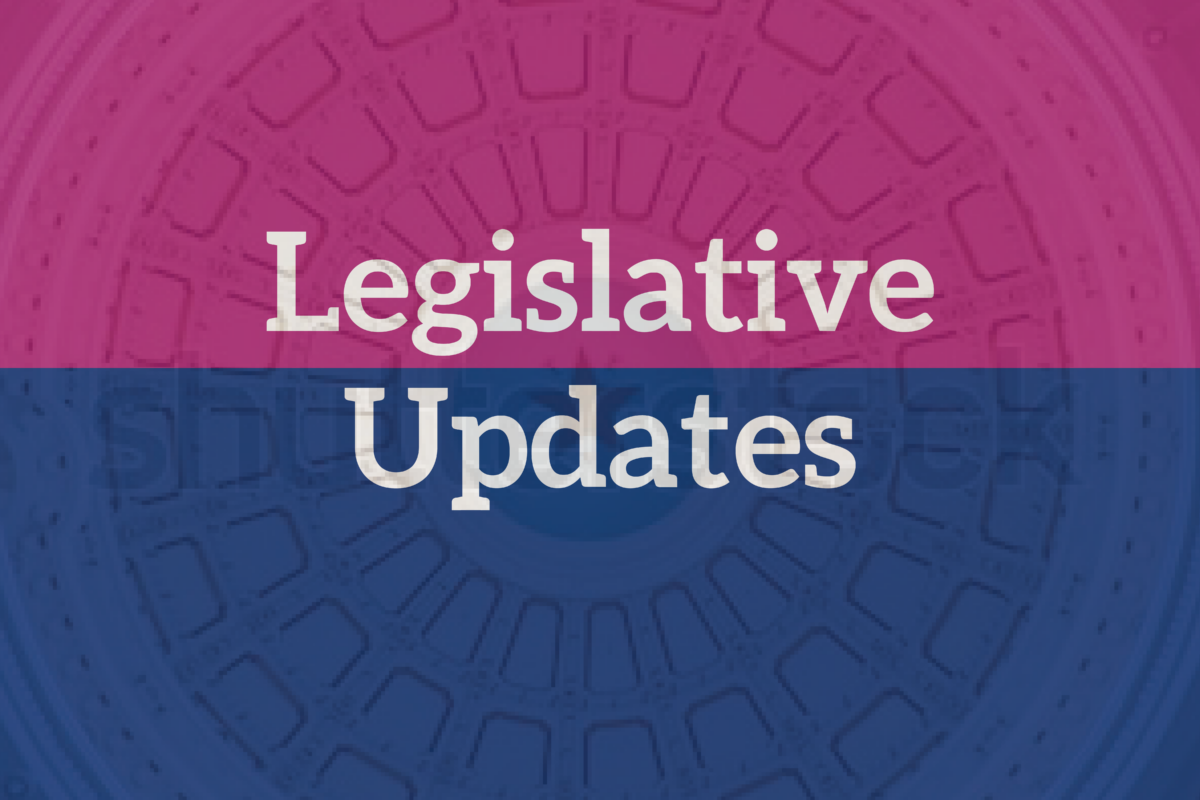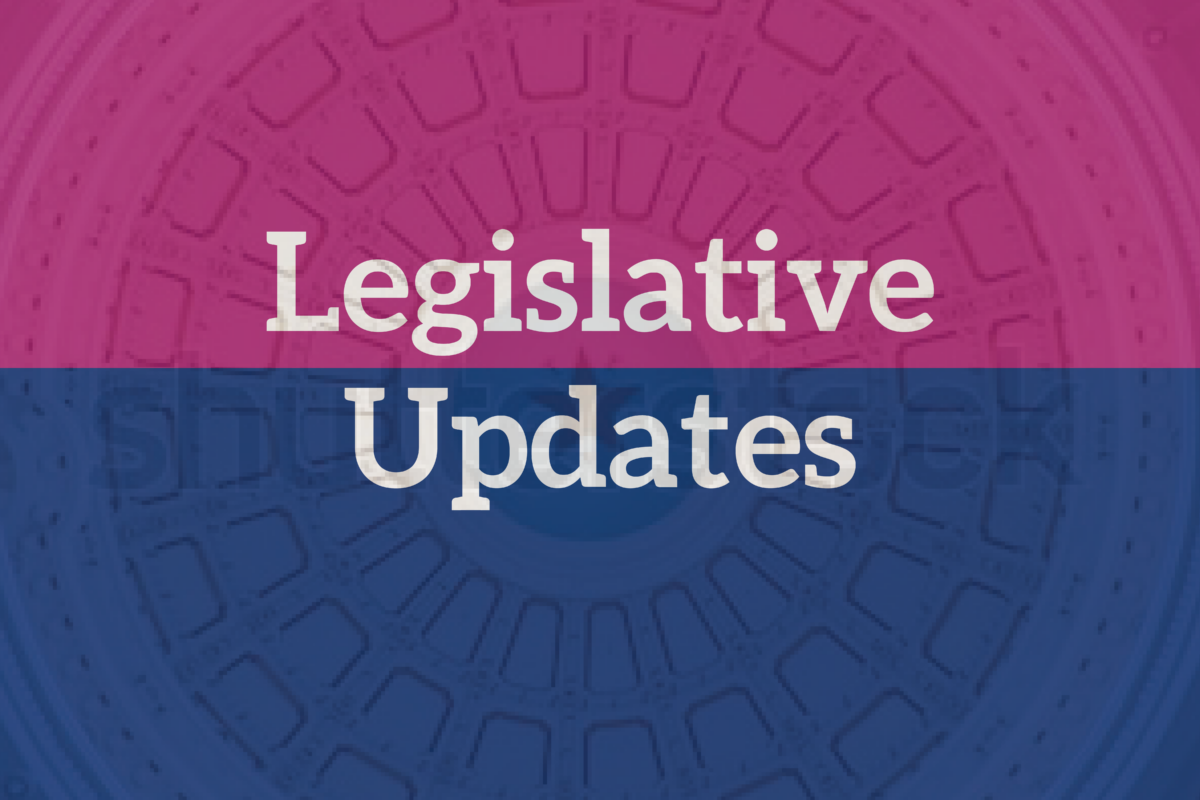Legislative Interim Update, April 27

During the 85th legislative session, Methodist Healthcare Ministries tracked roughly 1,400 bills, supported over 500 bills, and worked to assist the passage of 224 laws that affect access to health care for Texas families. Keep up to date on how those laws are being effectively implemented and funded as intended through our legislative updates.
- Texas combats the opioid epidemic
- House Appropriations health care subcommittee reviews health care reform and 1115 Medicaid Waiver
- Mental health parity work group continues work to implement HB 10 provisions
- New Texas maternal mortality rates released
- Federal administration considers new rules for immigration status
___________________________________________________________________________________________
Interim Updates
Texas combats the opioid epidemic
The opioid crisis that has plagued the nation in recent years is no stranger to Texas. New data provided by several federal and state agencies stressed that comprehensive change is required to curb this epidemic. At the national level, the CDC reported that emergency department visits for opioid overdose rose 30% in all parts of the United States from 2016 to 2017. Similar trends are seen in Texas with the state’s health department reporting opioids are the main drugs related to admissions in emergency departments. In Bexar County, local county and city health officials formed the Bexar County Joint Opioid Task Force in the summer of 2017 to confront this public health emergency head-on. The interagency public-private collaboration is seeking to decrease the number of opioid deaths in Bexar County and develop strategies to address the opioid crisis in a comprehensive manner. At the state level, House Speaker Joe Straus created the Select Committee on Opioids and Substance Use. Committee members will meet over the next few months to take testimony from state and local health officials to develop a strategy of statewide proposals for the upcoming 86th Legislative Session. Methodist Healthcare Ministries is part of both local and state efforts and will develop a legislative initiative about the opioid epidemic in its 86th legislative agenda.
House Appropriations health care subcommittee reviews health care reform and 1115 Medicaid Waiver
The Texas House Committee on Appropriations met on April 4 to address some of the biggest challenges facing the Texas Medicaid program, including changes to federal policy, substantive reforms to the program and ongoing fiscal challenges from increasing costs. Testimony was shared by hospital providers expressing concerns over the federal administration’s unwillingness to make supplemental payments to cover Medicaid shortfall costs (about $2 billion per year for Texas hospitals). Several providers highlighted the transition and elimination of the Delivery System Reform Payments (DSRIP) under the renewed 1115 Medicaid waiver (learn more).
The effectiveness of adding Medicaid work requirements in Texas was also addressed. States that have adopted work requirements will reduce program coverage, including Kentucky, which is planning to reduce enrollment rates by 95,000 people. Data shared by the Center for Public Policy Priorities (CPPP) argued that work requirements would not get people off Medicaid because one in eight working Texas families live in poverty. The state’s Medicaid program plays an important role in securing access to care for Texas working families and is a legislative priority for Methodist Healthcare Ministries.
Mental health parity work group continues work to implement HB 10 provisions
In health insurance, the term “parity” describes the equal treatment of mental health conditions and substance use disorders in insurance plans, when compared to coverage for medical or surgical health care. This past legislative session, Methodist Healthcare Ministries worked to pass HB 10, which called for stronger insurance laws to ensure providers complied with equal access to both services.
Since the bill’s passage, HHSC has formed the Mental Health Condition and Substance Use Parity Work Group and made several stakeholder presentations on the implementation of parity laws. The work group has established protocols to monitor parity complaints and provider compliance, and subcommittees that review enforcement, investigations and education efforts. HHSC is currently in the process of creating a website designed for behavioral health rights and is working with the Texas Department of Insurance to develop a formal complaint process. Methodist Healthcare Ministries is closely tracking the state’s efforts to ensure that more Texans gain equal access to mental health and other health care services needed to achieve recovery.
New Texas maternal mortality rates released
A new study by researchers at the Texas Department of State Health Services is reporting that the number of maternal deaths in Texas in 2012 was actually less than half the number previously reported. The research determined there were 56 maternal deaths among Texas residents compared with the 147 reported in national statistics. The study shows dozens of women were identified on their death certificates as being pregnant at the time of their deaths when they were not. The misclassification most likely occurred because people certifying the deaths selected the wrong pregnancy option in the electronic system used to register deaths. The more accurate, verified data is an important part of state efforts to improve maternal health, including the ability to implement and assess ways to reduce maternal deaths and other severe pregnancy complications.
This new study shows why the work of the Texas Maternal Mortality and Morbidity Task Force is so incredibly important. The Task Force and DSHS crosscheck a variety of sources to confirm a pregnancy-related death, not just a reporting mistake. Texas has important opportunities for improvement to reduce maternal death and severe morbidity. DSHS is testing out new solutions such as implementing the Texas Alliance for Innovation on Maternal Health (Texas AIM) program to help hospitals and communities improve maternal safety by implementing best practices. More than 100 hospitals have expressed interest in adopting the Texas AIM bundles for hypertension, opioid use, and severe hemorrhage. Methodist Healthcare Ministries monitors the task force and maternal mortality in Texas.
Federal Updates
Federal administration considers new rules for immigration status
On March 29, the draft regulation on public charge was sent to the Office of Management and Budget. Public charge is a ground of inadmissibility (to the U.S.) if non-citizen applicants are likely to rely on the government for subsistence in the future. Under current policy, immigration officials must look at all factors that relate to non-citizens’ ability to support themselves, including income, assets, family support and need for monthly cash assistance. The proposed rule would instruct immigration agents to consider whether an immigrant or a member of their family is likely to participate in any government assistance program (including CHIP, Medicaid and SNAP) when determining who can enter the U.S or become a permanent resident.
Administration officials state that these changes would protect taxpayers by ensuring foreign nationals seeking to enter in the U.S are self-sufficient. On the other side, critics argue that the proposed changes would represent a major step backward, pulling the entire safety net out from under taxpaying immigrant families and putting them at greater risk of falling into poverty. Methodist Healthcare Ministries will continue to monitor the proposed rules.
Upcoming Meetings & Events
May 5: Mental Health and Addiction Awareness Fiesta (San Antonio)
May 9: State of Texas Active Response to ZIKA (McAllen)
May 9: House Human Services Committee Hearing (Austin)
May 10: Hospital Payment Advisory Committee (Austin)
May 30-31: Telehealth at the Crossroads Conference (San Antonio)
Health Care Policy News
Health Care Funding
The McAllen Monitor: RGV’s Rep. Longoria appointed to powerful LBB
Prescription Drug Prices
To the Point: Policy Prescriptions for High Drug Cost: Experts Weight In
Children’s Therapy Services
The Texas Tribune: Texas children’s therapy providers face dilemma over offering services
















